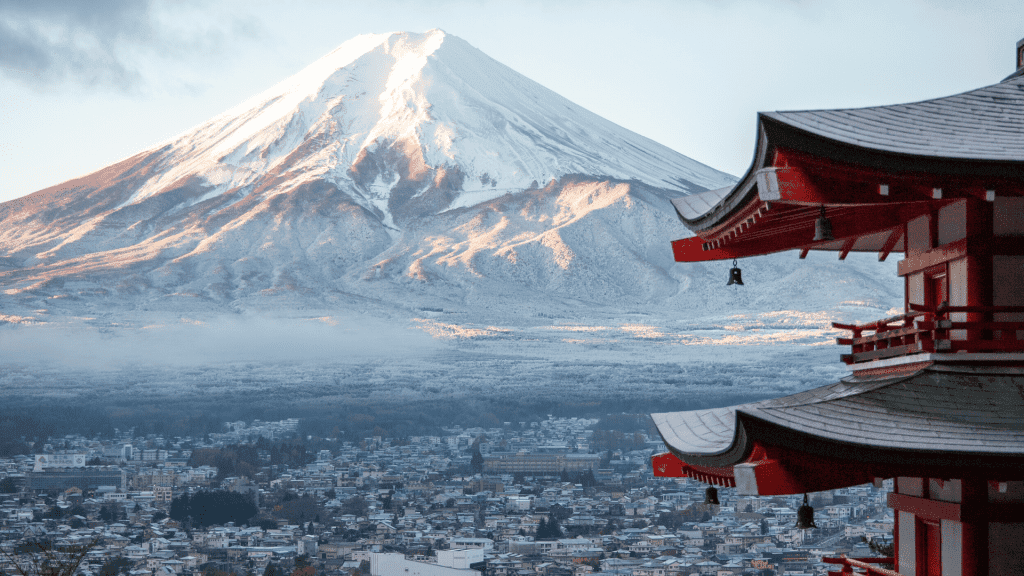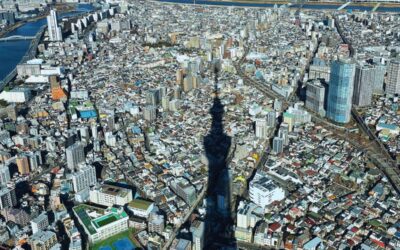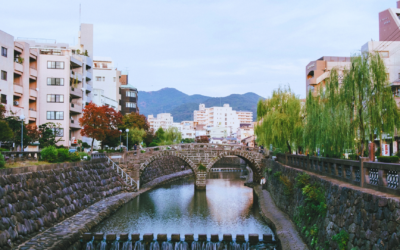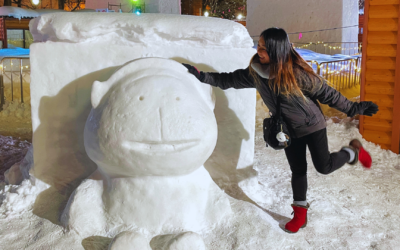If you are planning to move here permanently, the cost of living in Japan is probably one of the first things that have crossed your mind. Don’t worry, you are in the right place. I’m going to break down for you what to expect when it comes to the cost of living in Japan, covering all the elements that would affect your expenses.
Read our comprehensive guides on moving to Japan, the top 5 jobs for foreigners, best place to live in Japan, how difficult it is to move to Japan, and whether you will be happy in Japan.
Is Japan Expensive?
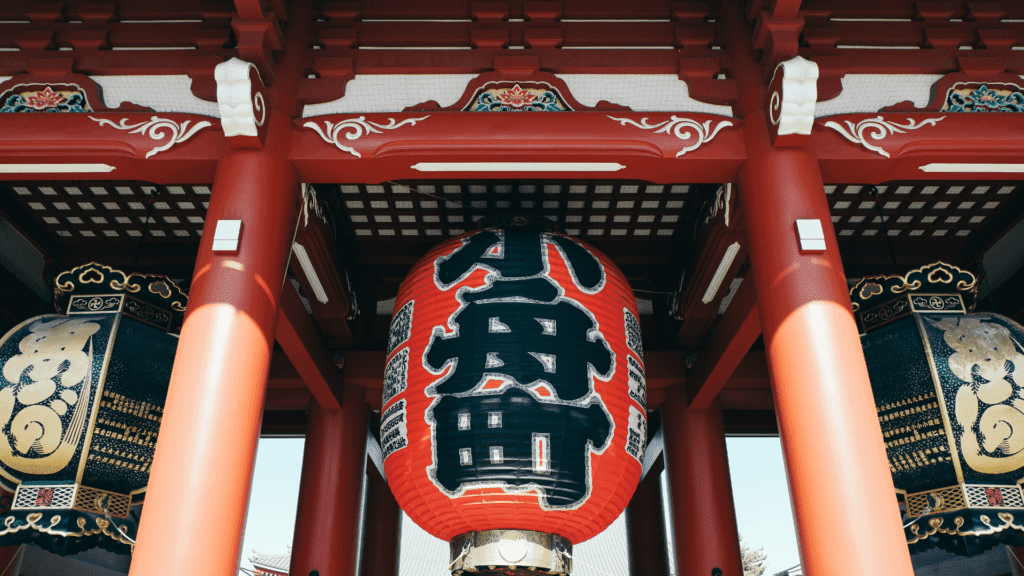
Considering Japan is a country with one of the highest GDPs in the world, third in the world to be exact, you would probably expect the cost of living in Japan to be very high. However, a country’s GDP doesn’t necessarily reflect how expensive living in that country is.
What’s “expensive” also differs from person to person, so there’s no set answer to “is it expensive to live in Japan.”
The Cost of Living Depends on the City
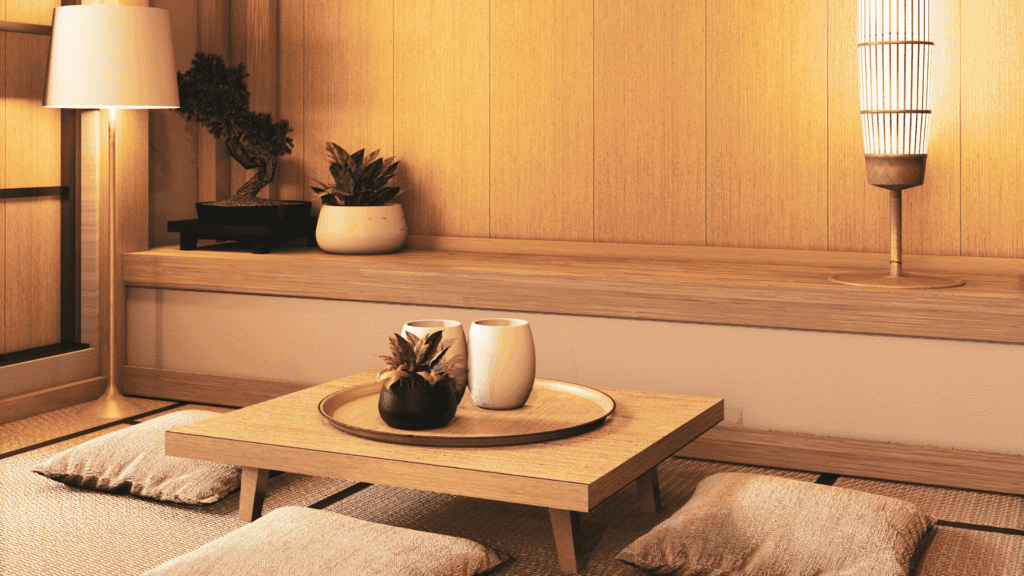
Living expenditures depend heavily on the city you live in. It’s probably no surprise to you, but living in big cities like Tokyo and Osaka, and even in neighbouring cities like Yokohama, Chiba, Saitama, Kobe and Kyoto, will cost more than living in other areas like Fukuoka and some cities in Okinawa.
According to Heikinnenshu, the average income you receive also depends on your prefecture or city. The average annual salary in Tokyo is around 4.7 million yen (USD$43,600), and 4.4 million yen (USD$40,900) in Kanagawa and Osaka. In other less popular areas such as Kagoshima, Shimane and Akita, the average annual income is 3.1 million yen (USD$28,760), 3 million yen (USD$27,830) and 2.9 million yen (USD$26,900) respectively.
Of course, the average annual income also depends heavily on one’s occupation and position within the workplace.
Varying Living Costs
Let’s break down the different costs of living in Japan..
Housing
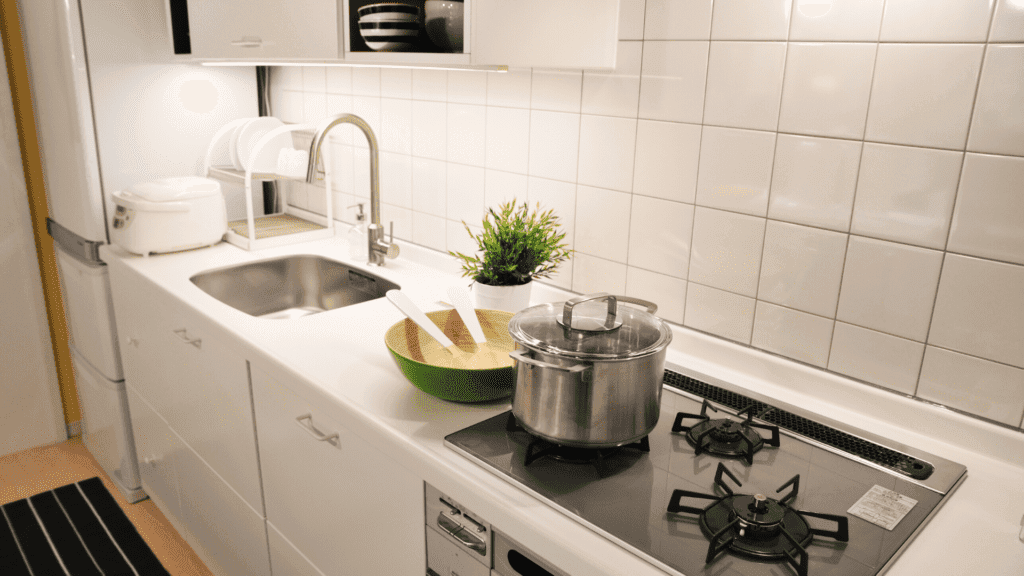
According to the SUUMO “Residential Survey (2017)”, people usually spend roughly a third of their income on housing. For people in their twenties, their average annual income is around 3 to 4 million yen (USD$27,830 to 37,100), and their average rent is between 50,000 and 60,000 yen (USD$464 to 556). The size of the apartment is most commonly 18 square metres or smaller.
Most single adults living alone live in 1Rs or 1Ks. A 1R is a studio apartment where the bedroom, kitchen and living room share the same space. A 1K has a separate kitchen, and the living room and bedroom are one room.
To rent an apartment or house, there are a few more costs to consider besides the rent. First, you’ll usually need to pay one month’s worth of rent to the real estate agent helping you find the place. Your rent for the first month also has to be paid upfront.
Then there’s the reikin (礼金), which is “key money” and is money you pay to your landlord as a gift, as well as shikikin (敷金) which is a deposit.
Considering all these costs, you’ll have to pay a few months’ rent straight off the bat just to move in. This, of course, depends on the apartment and the landlord; it’s just a general guide.
Utilities

PPS states that the utilities include the usual stuff: electricity, water, and gas, and other things such as gas cylinders. Your utilities bill will depend on how much time you spend at home, how often you cook, and other factors, but here’s a general rule of thumb for your reference.
Living alone:
- Electricity: 5,852 yen (USD$54.3)
- Gas: 3,104 yen (USD$28.8)
- Others: 749 yen (USD$6.95)
- Water: 2,142 yen (USD$19.9)
- Total: 11,847 yen (USD$109.95)
Two people:
- Electricity: 9,559 yen (USD$88.7)
- Gas: 4,364 yen (USD$40.5)
- Others: 1,517 yen (USD$14.1)
- Water: 4,167 yen (USD$38.7)
- Total: 19,607 yen (USD$181.95)
Transportation
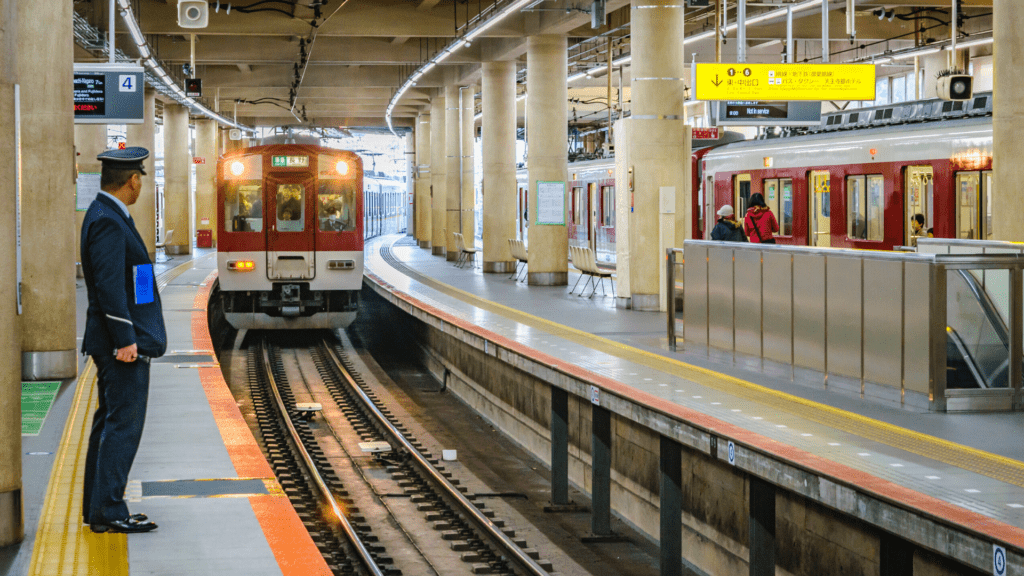
Most people that live in the big cities commute by trains, subways, and buses. On average, the cost of a train or subway ride starts from 150 yen (USD$1.4) for the first 3 stops, then increases from there on.
If you need to switch train lines, you’ll have to pay more, especially if you’re switching between different train companies, which is not uncommon in Japan. You will find that the cost of living in Japan for long-distance travel is relatively low, especially since travelling long-distance usually means travelling with JR, Japan Railways.
If you have a full-time job in a company, chances are they will provide a commuter pass for you. You will be able to travel to any stops on your commute route even on your days off. This can save a lot of money, especially if you need to come into the city for work.
Groceries
There are many options for grocery shopping, and many local supermarkets (even in big cities) offer great deals so you won’t have to break the bank.
Local supermarkets will have cheaper local products; wholesale supermarkets will sell groceries in bulk; international supermarkets offer wide ranges of imported products; and high-end supermarkets will have both local and international high-end products.
Dining Out
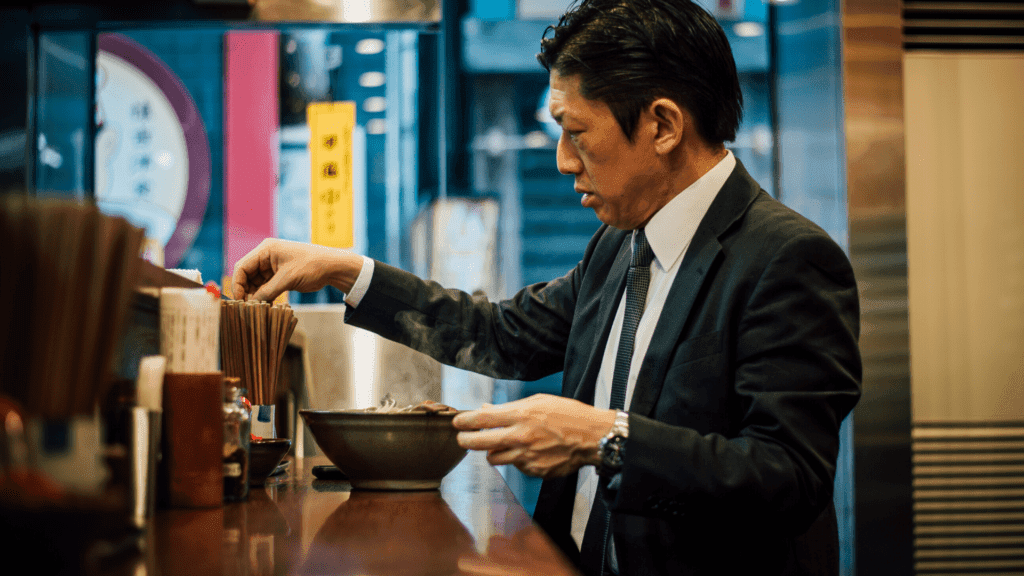
On the cheaper end of the spectrum, there are many Japanese fast-food chains that serve great and affordable meals that are relatively healthy. On the more expensive end, the sky’s the limit.
Here are some of the most affordable restaurants you can find in Japan:
- Beef bowl chains: Around 350 yen (USD$3.25)
- Soba and udon chains serving meals: Around 500 yen (USD$4.60)
- Family restaurants: Around 800 yen (USD$7.40)
On average, people spend around 800-1,500 yen (USD$7.40-14) dining out for lunch, and anywhere between 2,000-5,000 yen (USD$18.6-46.4) dining out for dinner.
Entertainment and Hobbies

There are a lot of entertainment facilities in Japan, from manga cafes and karaoke joints to bars and clubs. There are also many different events happening nationwide all year round. Your monthly expenditures will depend on your interests, how often you go out, and how much you spend on entertainment and leisure activities.
Here is a reference to the average spending on the most popular entertainment activities:
- Karaoke: 1,500-4,000 yen (USD$13.9-37.1)
- Bowling: 1,500-4,000 yen (USD$13.9-37.1)
- Cinema: 1,100-1,800 yen (USD$10.2-16.7)
- Game centre: 1,000-3,000 yen (USD$9.3-27.8)
- Concerts/Live shows: 2,000-6,000 yen (USD$18.6-55.7)
- Night out (drinks+entrance): 2,000-6,000 yen (USD$18.6-55.7)
The Average Cost of Living
The cost of living in Japan will vary depending on your own lifestyle. If you are hoping to, you can sustain your livelihood in an affordable way. You can check out the average cost of living in this infographic.
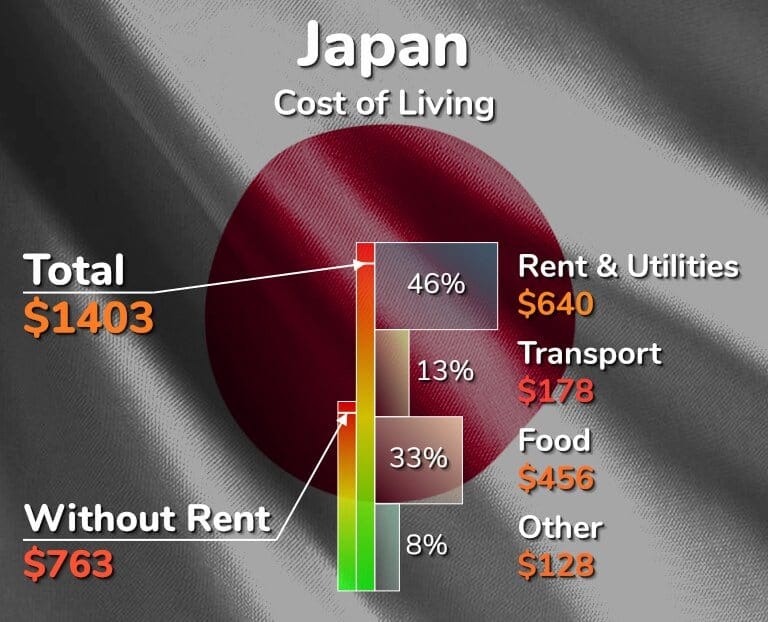
Hope you found this blog post helpful in helping you figure out how much does it cost to live in Japan. If you have any questions, feel free to reach out anytime.
Having Realistic Expectations About Living in Japan
Embarking on a journey to live in Japan is an adventure filled with new opportunities and experiences. By grasping the nuances of the cost of living in Japan, you equip yourself with the knowledge to thrive in this unique country.
We hope this gives you a clear idea of what the cost of living in Japan looks like. Understanding these expenses can help you plan better and make informed decisions about your move. If you have any questions or need more detailed information, feel free to reach out. Best of luck with your exciting journey to Japan!
Stay tuned for more information about Japan travel, Japanese culture, moving to Japan, living in Japan and more.

